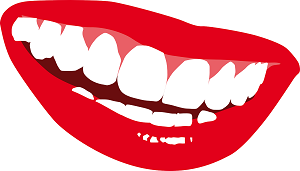Teeth whitening, a closely regulated practice
Blanchiment
Until a few years ago, in France, teeth whitening was only exercised by dental surgeons. However, it has now become a standard consumer practice either at home using a product which is put directly on the teeth, usually bought on internet, or in specialized “Smile Bars”.
However, the democratization of this practice is not without risk. Indeed, if misused, used too frequently, or used in situations where it is restricted, it can provoke irreversible damages such as dental hyper sensibility, alteration of the enamel, irritation of the mucosa…In view of these risks, the European Directive 2011/84/EU of 20 September 2011 (amending Directive 76/768/EEC, concerning cosmetic products, for the purpose of adapting Annex III thereto to technical progress), has more closely regulated the usage of products for teeth whitening, which contain or release hydrogen peroxide, commonly known as oxygenated water.
This directive has been applicable in France since 31 October 2012, and was supplemented by a decision of sanitary police of 9 July 2013, implemented by the French regulatory authority, ANSM (previously known as the AFSSAPS).The use of hydrogen peroxide has therefore been regulated:
It can be sold over the counter to non-professionals such as “Smile Bars” or directly to a user if the concentration does not exceed 0.1%; it then corresponds to the definition given by article L.5131-1 of the French Public Health Code of a cosmetic product.
It is exclusively sold to dental surgeons, and limited to adults if its concentration is between 0.1% and 6%; it then fits into the category of medical devices, according to article L.5211-1 of the French Public Health Code.
The sale is forbidden in France and in all European Union Member States, and must be removed from the market if its concentration exceeds 6%.
As stated by articles L.4161-2 and L.4161-5 of the French Public Health Code, an individual using products reserved to dental surgeons will be held guilty of the illegal practice of dental surgery and will be liable for a maximum of one year of imprisonment and a fine of 30.000 euros (or 150.000 euros for a legal entity), in addition to the confiscation of the material used for the illegal exercise.
Finally, since the implementation of these regulations, the Directorate General for Competition Policy, Consumer Affairs and Fraud Control (DGCCRF in French) and the ANSM, under the watchful eye of the French National Council of dental-surgeons, are working to ensure compliance with the regulations by controlling the institutions offering this type of services.

